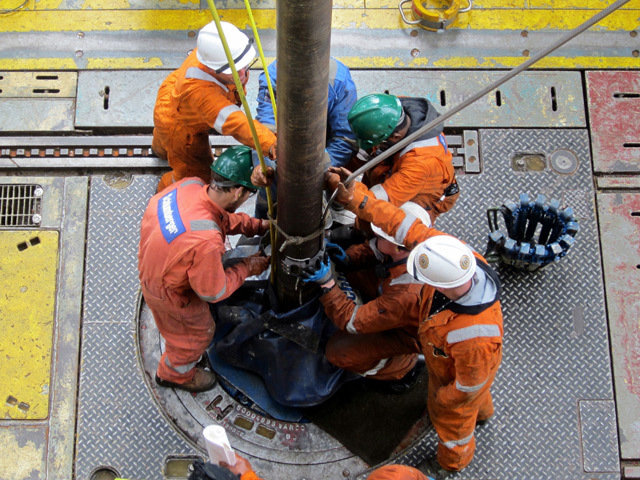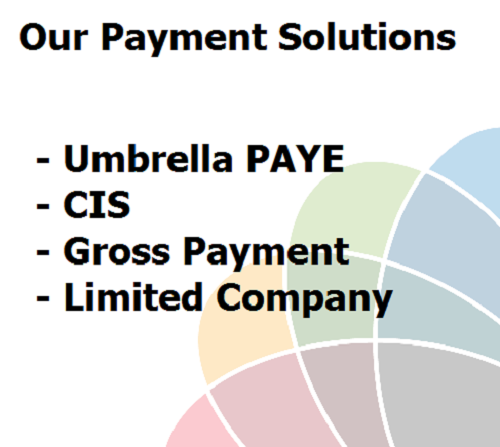
In 1999, the Revenue decided to change the contracting landscape with the introduction of IR35, an anti-avoidance tax legislation. The legislation originally imposed a series of tests to verify whether the worker could be classified as self-employed or not. Qualifying questions included “could they replace themselves if they were unable to go to work”, and “how many companies do they contract with each year” in order to establish their true status.
The first version – IR35.0 required the sole trader or limited company director to assess whether they were working inside or outside of it, and unsurprisingly as it was in their interest to seek the tax benefits, many of these operatives deemed themselves to be outside. Surely this can be likened to someone writing out their own pay cheques!
IR35.1 – The Sequel
With the introduction of the Onshore Intermediary Legislation in 2014, businesses would now need to reassess their self-employed workforce and evaluate the risks they face. A self-policing policy was imposed by HMRC requiring that all parties in the employment food chain (client company, intermediary company and/or recruitment agency) check if the said worker was supervised in some way – hence the SDC test. It involves asking a series of questions to assess if the worker is Supervised, Directed and/or Controlled in some way. The legislation has affected workers with their own limited company, as well as independent sole traders. So could a labourer be self-employed? Questionable but if you leave a worker to manage their own work without some form of control, absolutely.
From April 2015, it was incumbent for the engaging client company, agency or payroll provider to produce an intermediary report on a quarterly basis. Heavy fines were and continue to be imposed on those that ignore the deadlines and obligations to submit their earning reports.
Workers that fail the SDC test and therefore deemed caught by the new IR35, would automatically be treated as an employee, required to pay tax and National Insurance under PAYE. Now it is down to the employing company (including agency and umbrella) to determine whether a worker can “write their own cheques out!” Getting this wrong would mean potential fines for the hirer, causing many firms to move all workers on to their books.
How does this affect offshore workers?
Those working within the 12 nautical miles boundary would have to follow suit. Many of those working in Energy may find themselves spending more time on contracts outside the 12-mile limit of the UK’s territorial waters and therefore technically not subject to any of the laws – except for income tax of course! Likewise, those in UK waters such as the UK Continental Shelf (UKCS), would also be affected.
Navigating through HMRC’s choppy waters…
The need to find a fully compliant, tax efficient and reliable payroll solution is a must. Futurelink Group has been supporting contract workers in the Oil & Gas and engineering sectors for over 23 years and provide a number of payment options to suit the worker’s expectations while meeting the needs of the employing company.

Futurelink maintains a high reputation in the payroll industry. Please have a look at what our Clients say about us – Testimonials.
For further information or advice on IR35 please call us on 01923 277900 or email sales@futurelinkgroup.co.uk
Recommended for you
